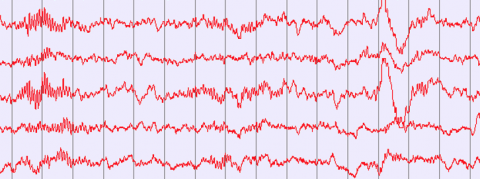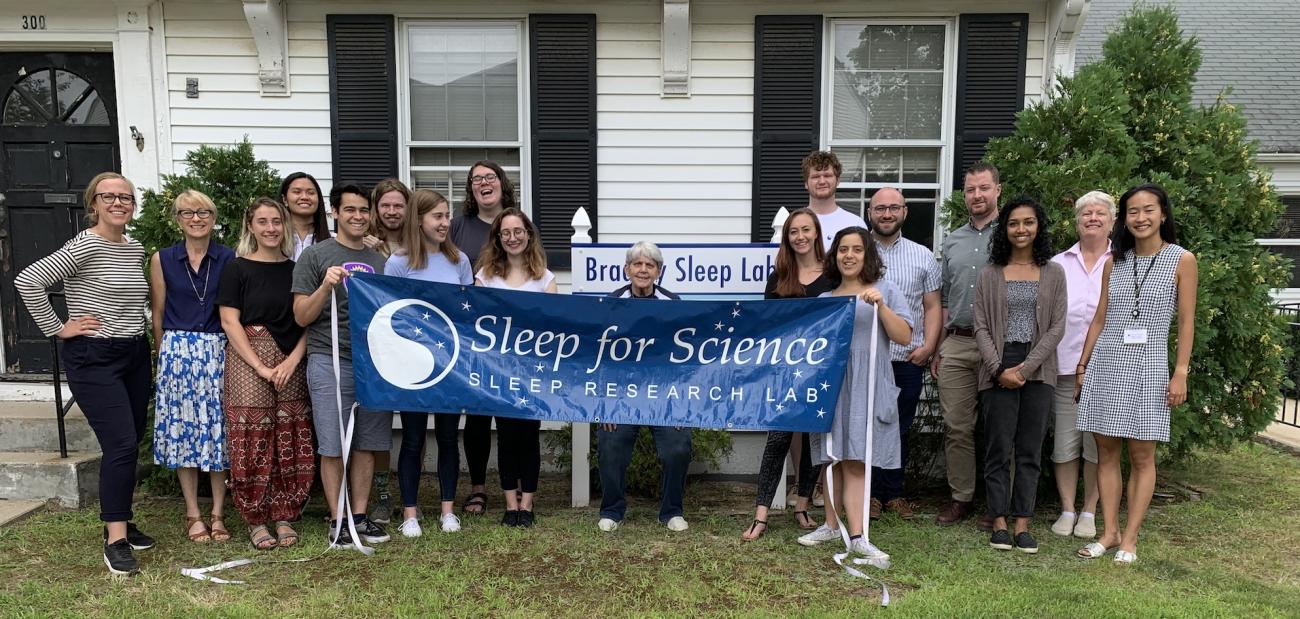Guest Column: Why do we sleep?

Scientists often struggle with the big “why” questions, and that has been the case for sleep researchers. Answers to the why sleep question, however, have been revealing themselves more and more as basic, behavioral and clinical science probing sleep function become more available and intense.
When I was a graduate student, the sleep research conference included about 100 scientists, the field of sleep disorders medicine had not yet emerged, and not a single scientific journal engaged the topic. I remember searching through the database Current Contents for my mentor, William C. Dement, and finding sleep papers in scientific journals such as Archives Italiennes de Biologie, Psychophysiology and Brain Research, and a number of clinical journals including JAMA, but no journal with sleep in the title.
Today, as the question “Why sleep?” has attracted the focus of many more scientists and clinicians, we have an abundance of specialty journals. The National Library of Medicine lists 33 U.S. and international sleep publications. Let me add a 34th, a new sleep journal of which I am the editor-in-chief that launched during Sleep Awareness Week this year: SLEEP Advances.
Our field also has national and international societies and conferences. The World Sleep Society held its conference in Vancouver last year; the International Pediatric Sleep Association will meet in Brisbane, Australia this year in conjunction with the Australasian Sleep Association; the primary U.S. sleep conference is scheduled for June this year, with an expectation of over 5,000 participants. Sleep research also has a Gordon Conference, a strong acknowledgement of the growth and importance of basic sleep science.
The American Academy of Sleep Medicine, established in 1975, includes board certified members, has an accreditation process for clinical laboratories and technologists, develops practice parameters, and established a manual for sleep diagnoses. The National Institutes of Health (NIH) has a National Center for Sleep Disorders Research. Sleep disorders medicine is a fully-fledged clinical specialty.

Sleep research can be found in—I’ll stake the claim—every biological discipline, save botany. As I tell my students, sleep touches every aspect of our lives. It is central to our psychological and physical health, to our griefs and joys, to our learning and forgetting, to our thoughts, beliefs, and our dreams. Sleep provides us balance; when we have sufficient quantity and quality sleep, it keeps us on an even keel.
With Dr. Dement, my early research established a way to quantify daytime sleepiness with a test that remains a standard clinical tool, the Multiple Sleep Latency Test, most recently validated for use in pediatric narcolepsy.
Since then, a major focus for my group has been to understand adolescent sleep behavior through analyzing underlying sleep regulatory processes. This research, which has shown maturational changes to circadian rhythms and the sleep “pressure” system, has translated to a concern about how management of middle school and high school schedules imperil sleep for teens through early school bells. The movement to “Start School Later” is gathering momentum.
As my team prepares to welcome the 2020 class of Dement Fellows to our summer apprenticeship program, we hold hope for expanding the science of sleep to a program emerging from our proposal submitted to NIH for a COBRE Center for Sleep and Circadian Rhythms in Child and Adolescent Mental Health. This proposal contains an amalgam of scientific and clinical projects by a dedicated group from Bradley Hospital and Brown University. It also holds our dreams for enlarging and strengthening sleep research in Rhode Island.
As to the question of “Why do we sleep?” I leave you with an item from my Introduction to Sleep final exam:
The function of sleep is:
a) to allow the brain of an organism to rest.
b) to defend an organism from predation.
c) to provide physiological rest.
d) to purge the unconscious.
e) not yet fully understood.
Mary Carskadon is a professor of psychiatry and human behavior at Brown University, and director of the Sleep for Science Research Lab. She is an expert on sleep and circadian rhythms during childhood, adolescence and young adulthood. Her research has affected education policy in the U.S.



